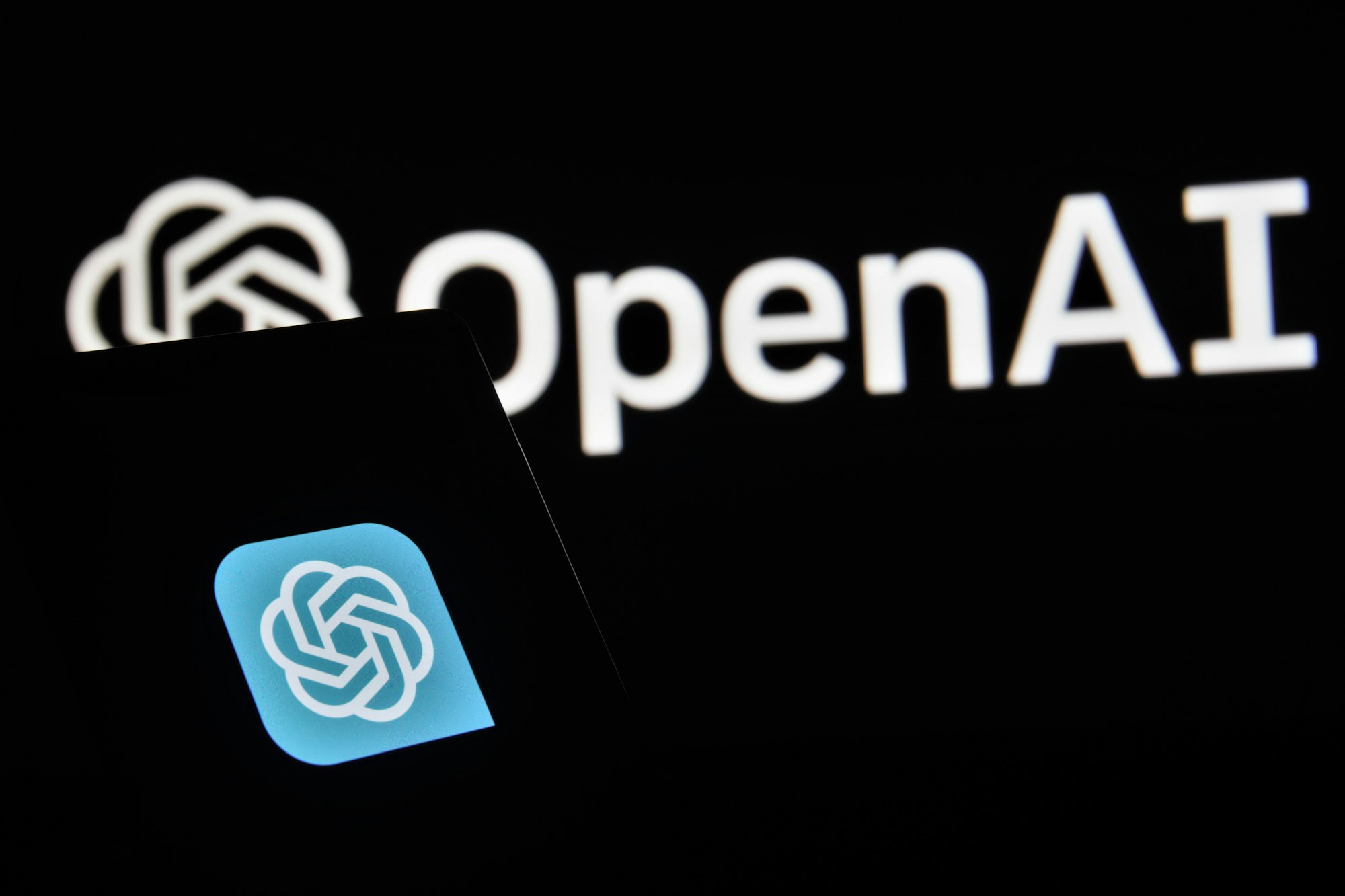Global Leaders Deliberate AI Regulation
China: The Middle Kingdom wields a precise scalpel. Its targeted AI laws focus on data privacy, cybersecurity, and national security. China treads the fine line between harnessing AI’s potential and maintaining strict controls.

As the digital landscape evolves, the emergence of powerful artificial intelligence (AI) systems has thrust global leaders into a critical debate: How do we regulate this transformative force? The stakes are high, and the contours of AI governance are taking shape. Let us delve into the unfolding saga of AI regulation.

The Race to Regulate
Governments worldwide are jostling for pole position in the race to regulate AI. Their decisions will reverberate across economies, industries, and societies. Who will wield the regulatory scepter? Let’s explore the contenders:
- Congress: In the United States, the halls of Congress echo with discussions on AI oversight. OpenAI’s CEO, Sam Altman, recently testified before a Senate committee, urging regulators to set limits on powerful AI systems. Altman’s words resonate: “If this technology goes wrong, it can go quite wrong,” he cautioned. The need for government oversight is paramount1.
- European Commission: Europe adopts a comprehensive approach. The AI Act, proposed in 2021, seeks to tame the AI beast. Transparency, accountability, and risk assessment take center stage. By delineating clear guidelines, the EU aims to balance innovation with safeguarding citizens.
- China: The Middle Kingdom wields a precise scalpel. Its targeted AI laws focus on data privacy, cybersecurity, and national security. China treads the fine line between harnessing AI’s potential and maintaining strict controls.
- U.S. States and Courts: Beyond federal corridors, individual states in the U.S. are shaping AI policies. Courts interpret existing laws through an AI lens. Their decisions ripple through the legal fabric.
Why It Matters
The implications of AI regulation are profound:
- Economic Resilience: The global debt-to-GDP ratio, now at a staggering 336%, underscores the urgency. Prudent regulation can mitigate risks, preventing economic instability. Governments must tread carefully.
- Emerging Economies: Over 100 countries grapple with debt servicing. AI regulation impacts their ability to allocate resources for essential services—health, education, and social safety nets hang in the balance.
- Market Stability: Default risks loom large. A single sovereign default triggered by AI-related issues could cascade through financial markets, stifling growth and innovation.
The Path Ahead
As stewards of our digital destiny, policymakers, central banks, and institutions must collaborate. Prudent fiscal management, targeted investments, and debt restructuring mechanisms are essential. The labyrinth of AI regulation demands foresight and collective resolve. Failure to navigate it could plunge us into uncharted waters, with consequences echoing for generations.
In the corridors of power, the question reverberates: Can we steer AI’s ship safely, or are we hurtling toward a storm? Only time will tell, but one truth remains: The world watches as global leaders deliberate, penning the rules that will shape our AI-driven future.
Disclaimer: The views expressed in this article are solely those of the author and do not constitute financial advice.

